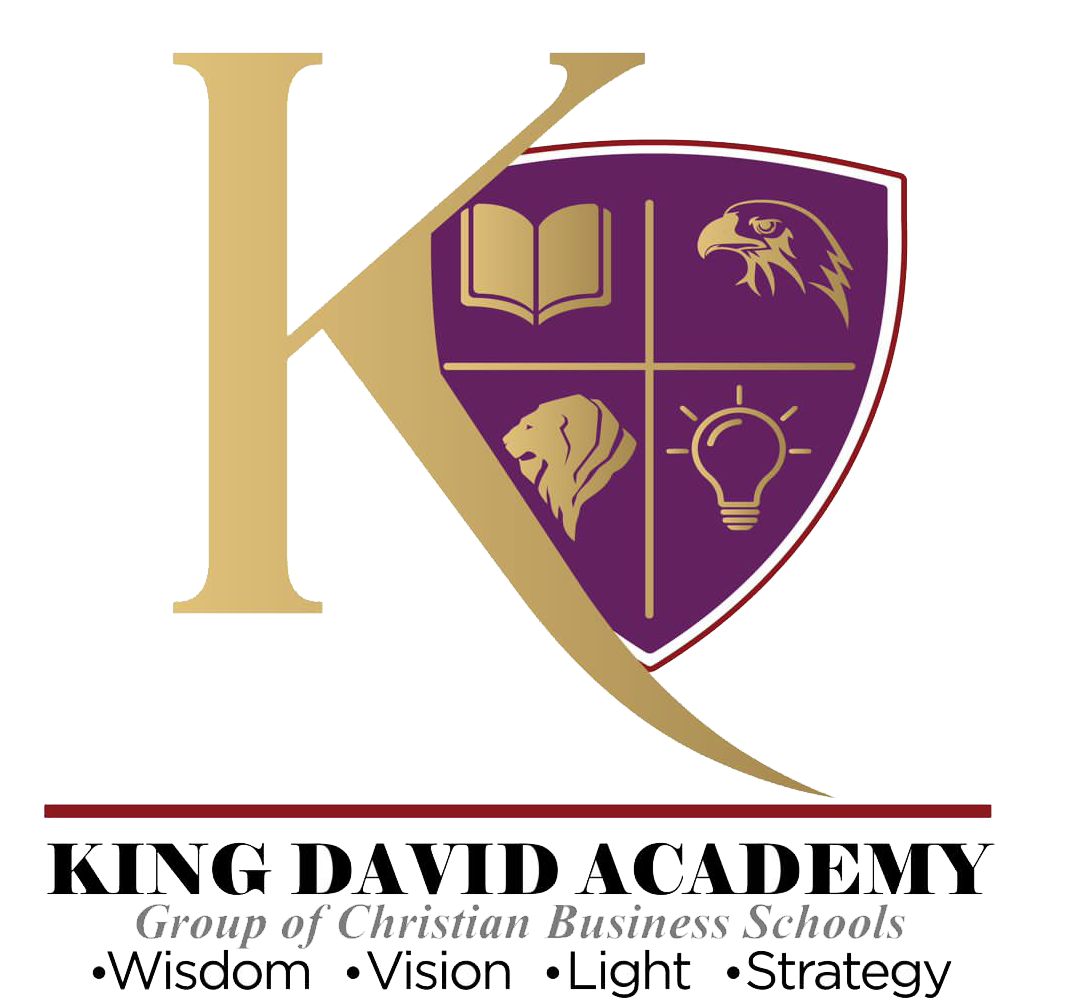Computing skills development

Skills development in a computing environment will once again depend very much on the epistemological approach to teaching. Computing can be used to focus on comprehension and understanding, through a behaviourist approach to computer-based learning. However, the communications element of computing also enables more constructivist approaches, through online student discussion and student-created multimedia work.
Thus computing can be used (uniquely) to:
- develop and test student comprehension of content through computer-based learning/testing;
- develop computer coding and other ICT knowledge and skills;
- develop decision-making skills through the use of simulations and/or virtual worlds;
- develop skills of reasoning, evidence-based argument, and collaboration through instructor-moderated online discussion forums;
- enable students to create their own artefacts/online multimedia work through the use of e-portfolios, thus improving their digital communication skills as well as assessing their knowledge;
- develop skills of experimental design, through the use of simulations, virtual laboratory equipment and remote labs;
- develop skills of knowledge management and problem-solving, by requiring students to find, analyse, evaluate and apply content, accessed through the Internet, to real world problems;
- develop spoken and written language skills through both presentation of language and through communication with other students and/or native language speakers via the Internet.
These skills are in addition to the skills that other departments can support to a broader practical environment.

